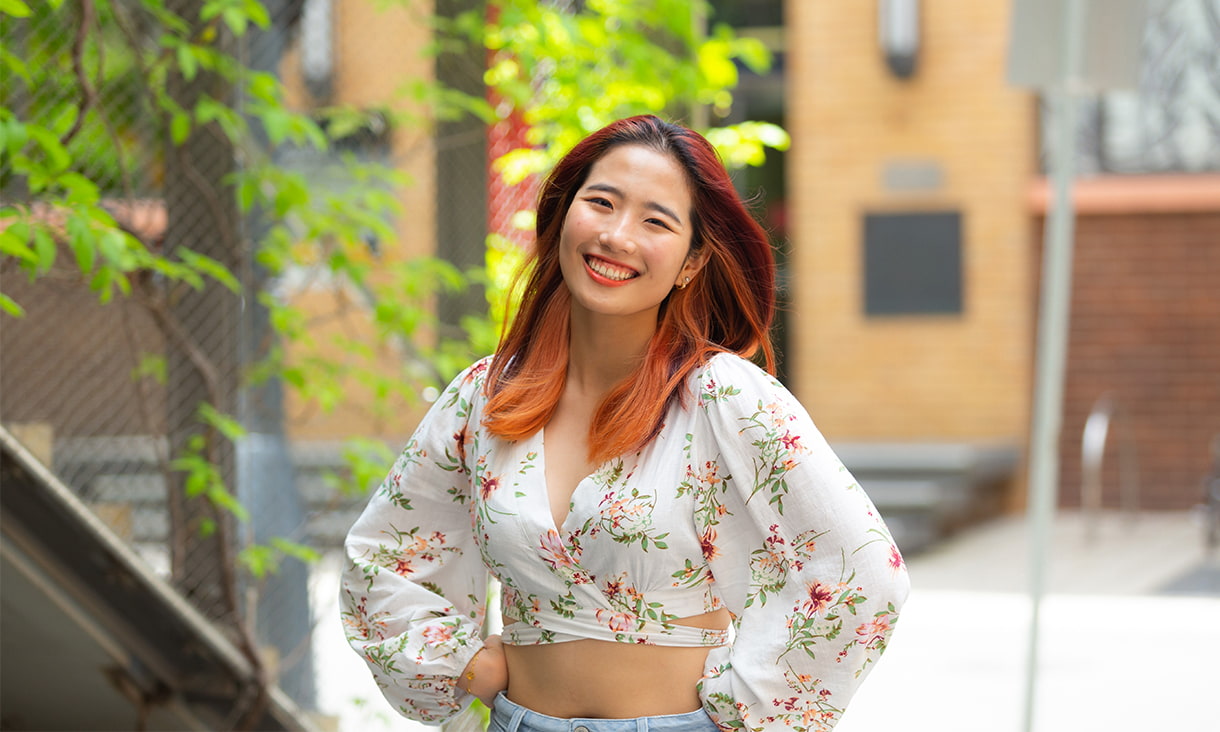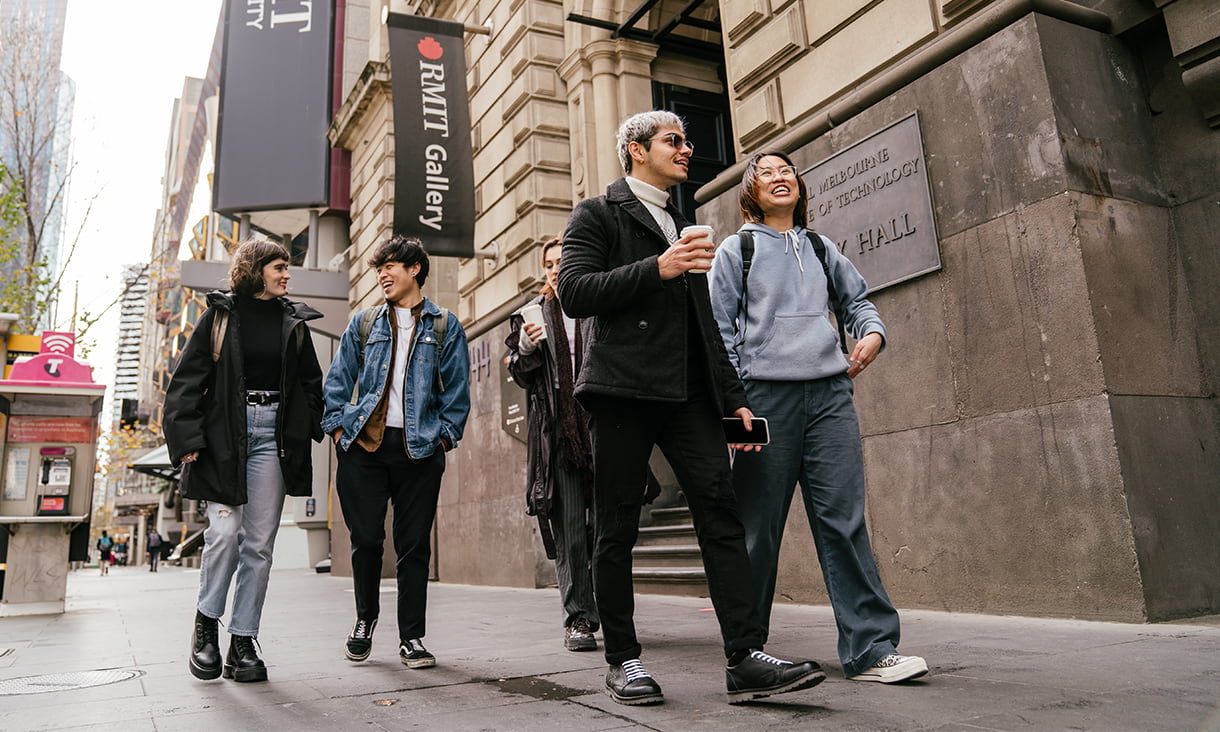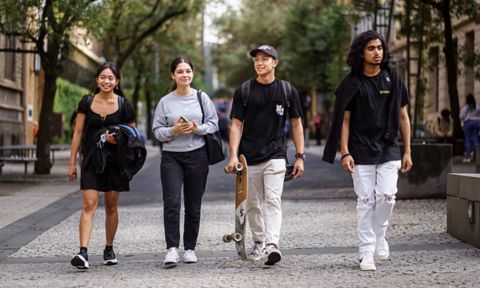Six things students wish they knew before studying in Australia
From making friends to embracing practical learning styles in Australia, we asked four international students about what you should know before studying down under.
The best things to do between classes at RMIT
From rock climbing and Sunday brunches to study space hopping, our international students share the top fun things you can do to pass the time in between your classes.
How to find a job in Australia as an international student
Finding a job can feel like a challenging task for international students, but with some key tips from RMIT’s Career Connect, you’ll be working in Melbourne in no time.





